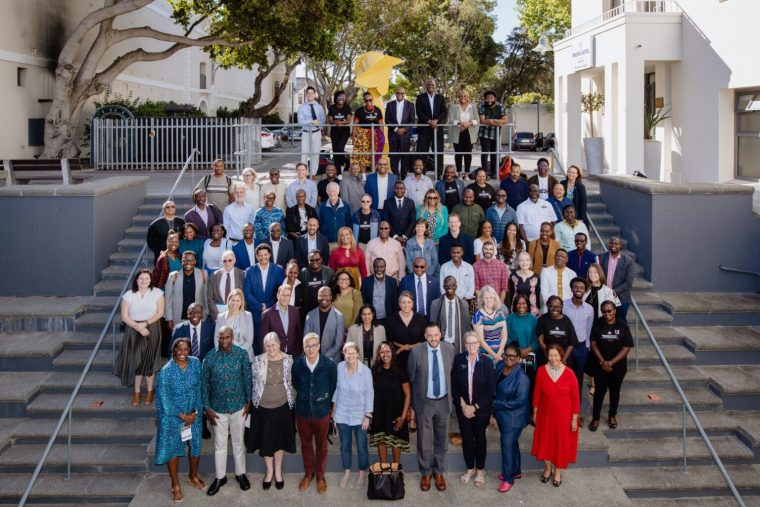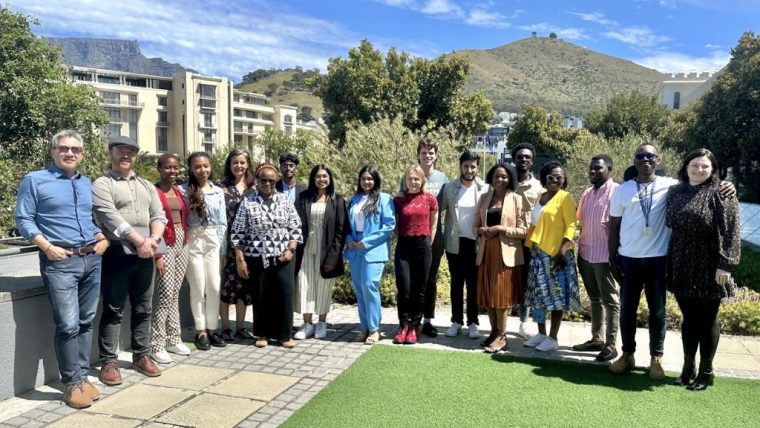Translating research into policy and practice is complex but vital as we work towards the achievement of the United Nations’ Sustainable Development Goals. That is why the Reach Alliance fosters an exceptional and diverse network of partners around the world with experience and expertise bridging the research to policy gap. Reach’s research communication strategy continuously evolves to reflect best practices and to include contributions from our various regional partners. Earlier this month, the University of Cape Town hosted the Reach Alliance Convening with Ashesi University and the Reach Alliance Home Base team.
“Convening in Cape Town alongside UCT researchers allowed for a valuable exchange of thoughts and knowledge where each person incorporated their unique perspectives and experiences gleaned from various presentations,” said Jochebed Basil, Reach researcher, Ashesi University.
Attendees participated in skills development workshops, research presentations, and a panel discussion where University of Cape Town faculty mentors Tracey Naledi and Solange Rosa presented, alongside Ashesi University faculty mentor Sena Agbodjah and University of Toronto faculty mentor Joseph Wong on research to policy and practice. When research effectively bridges into policy and practice, the impact on society can be profound. It can lead to better health outcomes, more equitable social policies, and a more sustainable environment. However, it is imperative to promote ethical knowledge production involving not only the collection of data but also the consideration of the methodologies employed and their potential impact on communities and society at large. Prioritizing diverse ways of knowing acknowledges that knowledge is not a one-size-fits-all concept and underscores the importance of embracing multiple perspectives and local wisdom.
Each of our eight university partners that form Reach’s Academic Consortium contributes critical case study research about people and populations that are being left behind. During the recent convening, student researchers from the University of Cape Town and Ashesi University delved deeper into their case study research focused on local issues including Fighting No Bed Syndrome in Ghana’s Hospitals, Social Franchising as a Model to Improve Access to Healthcare in South Africa, and Accessing Maternal Healthcare Services for Women Who are Unhoused in Cape Town.
“The insights from our study can be invaluable for local healthcare authorities, NGOs, and advocacy groups seeking to improve healthcare access for this specific group. I believe these findings can inform policies, programs, and research efforts that directly benefit unhoused women in need of maternal healthcare support for a more equitable world where everyone has access to the care they need whenever, wherever”, shared Yvan Zolo, Reach researcher, University of Cape Town.
Knowledge translation plays a pivotal role when bridging research into policy and practice, as it serves as the link that connects the world of academic research with real-world decision-making and action.
Our global community left the Reach Alliance Convening in Cape Town, South Africa with fresh insights and a renewed commitment to turn our collective rhetoric into impactful actions. We are excited to continue these important conversations at the 2023 Mexico Reach Research Conference in November where all eight university partners will be together for the first time!
More News & Events
Skip scroller content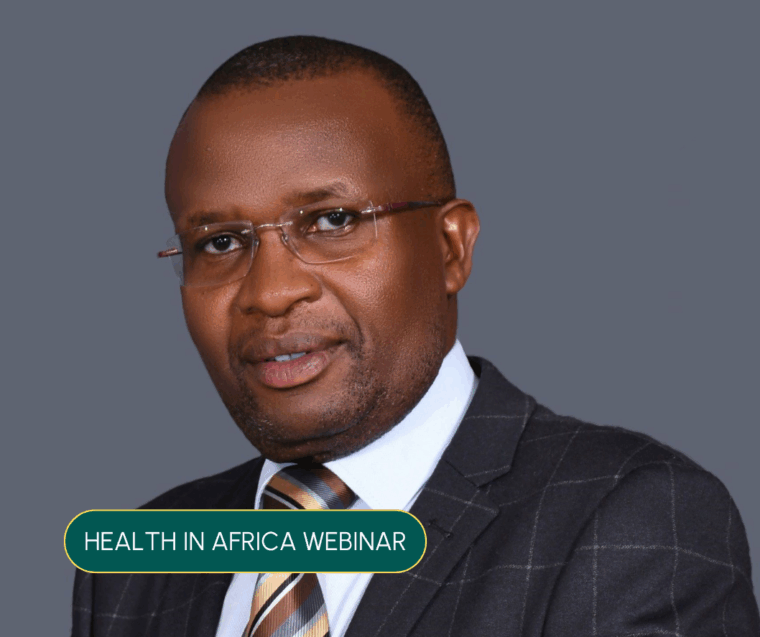
What Works: Improving Maternal and Newborn Health in Kenya and Ethiopia
Join this webinar to explore how community-led systems and digital innovations, in partnership with local leaders, are scaling sustainable healthcare impact and delivering life-saving care for mothers and their newborns.
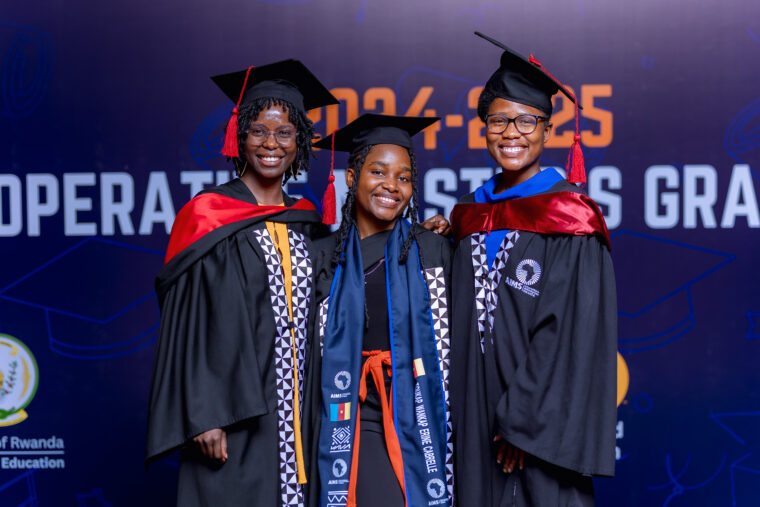
Apply for the AIMS Master’s in Mathematical Epidemiology (MathEpi) Scholarship
Apply for the 2025 AIMS MathEpi Master’s program. Fully funded scholarships for African students in statistics and public health. Deadline: March 15.

Apply for KNUST’s CPD-Eligible Short Courses in Health Systems and Services Management
Applicants must meet the following requirements to qualify for the scholarship: Short Courses and Timelines 23rd – 27th February 2026: Emergency Preparedness and Response to Epidemic/Pandemic-Prone Diseases 10th – 14th February 2026: Community Emergency Care 24th – 27th February 2026: Palliative Care Module 1 23rd – 27th March 2026: Introduction to Healthcare Quality Improvement (IQI) […]
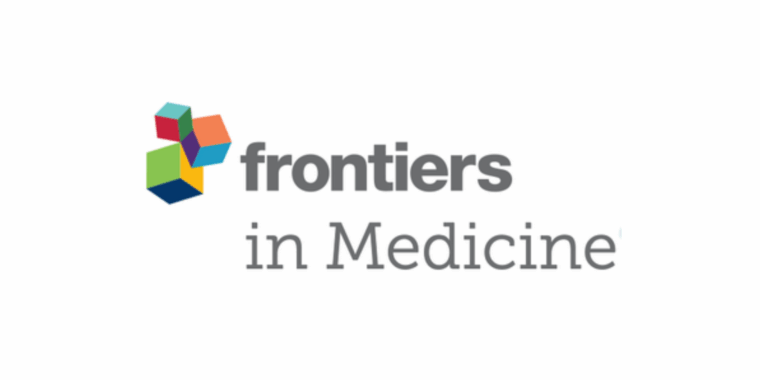
Call for Insights & Stories: Frontiers Opens Special Collection for AHC Partners
The Africa Health Collaborative (AHC) is pleased to share an exciting opportunity for all AHC institutional partners to share original research, reviews, case studies, policy briefs, perspectives, and reflective pieces in a new article collection titled “United in Partnership: Academic Collaborations for Primary Health Care Transformation” by Frontiers in Medicine. This special collection is being […]
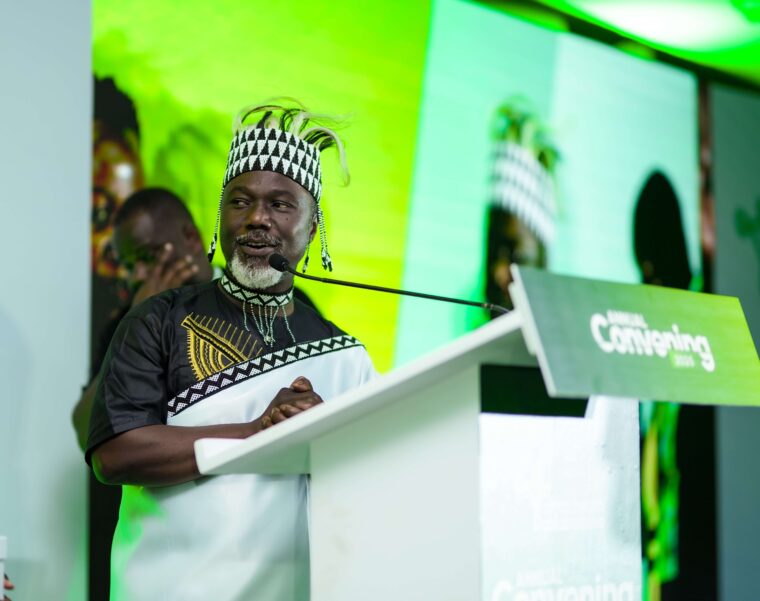
A New Chapter of Collaboration: AHC Welcomes Prof. Joachim Osur as Executive Steering Committee Chair
The Africa Health Collaborative (AHC) has announced Prof. Joachim Osur, Vice Chancellor of Amref International University, as the new Chair of the Executive Steering Committee (ESC). The symbolic handover took place during the closing ceremony of the 2025 AHC Convening in Rwanda, held in October 2025. This marks a significant leadership transition from Prof. Nhlanhla […]
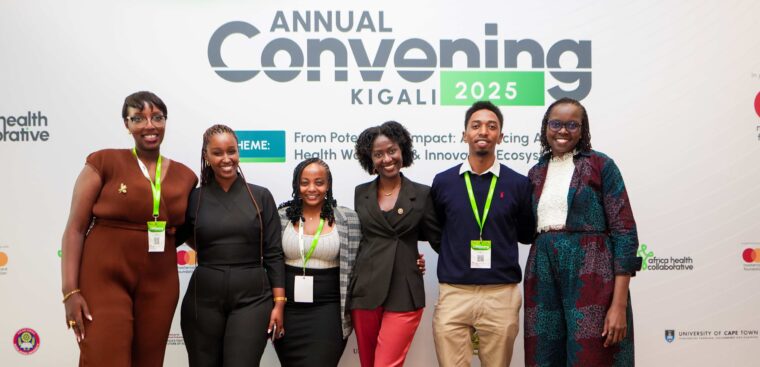
Africa Health Collaborative 2025: Driving Transformative Change in Primary Healthcare Future
Last October, over 170 policymakers, health experts, academics, and youth innovators from 14 countries came together for the Africa Health Collaborative’s (AHC) 2025 Annual Convening, hosted by the African Leadership University (ALU) in Kigali, Rwanda.

Engineering Dignity: Designing Low-Cost Prosthetics in the University of Cape Town’s MedTech Lab
Read about how Jemila Abdulai’s internship at UCT’s MedTech Lab strengthened her commitment to human-centered engineering, demonstrating how affordable innovations like the ADL Arm can expand access, restore dignity, and transform lives in underserved communities.

Graduate Scholarship Opportunities at the Kwame Nkrumah University of Science and Technology
Apply for graduate (MPh, MSc, MPhil, PhD) scholarships at the Kwame Nkrumah University of Science and Technology.
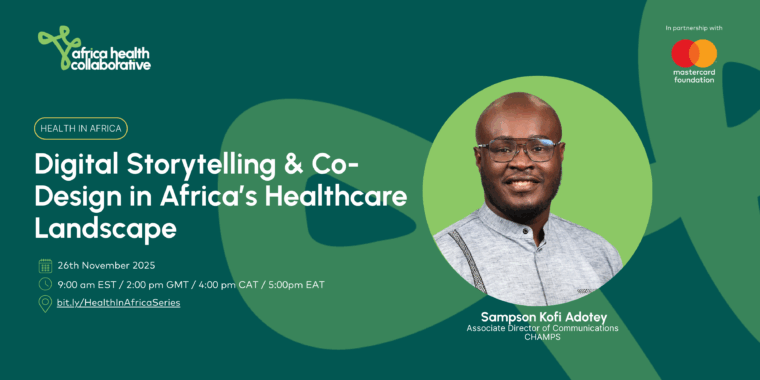
Digital Storytelling & Co-Design in Africa’s Healthcare Landscape
Join this webinar to explore how Digital Storytelling (DST) and Co-Design can transform health systems by centering the people who live the stories.
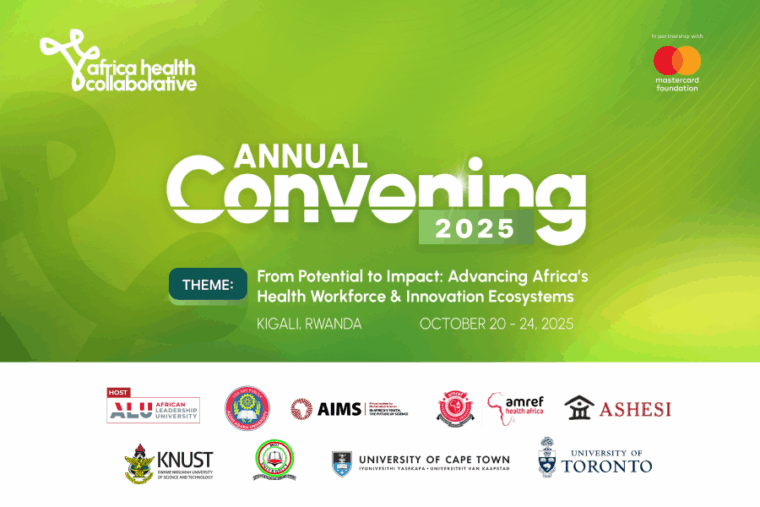
Africa Health Collaborative Convening to Spotlight Youth, African-Led Innovation, and Systems Change in Primary Health Care
The 2025 Convening will bring together leaders and innovators from government, academia, civil society, and the private sector to explore practical solutions for strengthening Africa’s primary health care systems through workforce development, entrepreneurship, institutional collaboration, and innovation.
